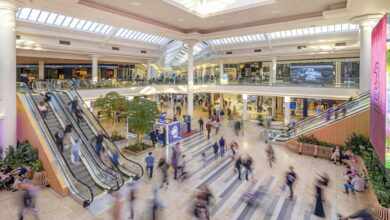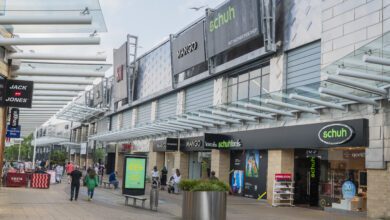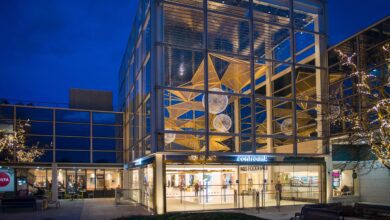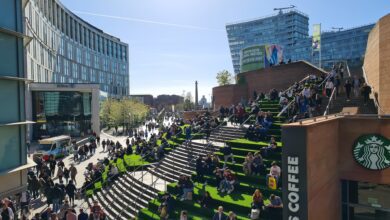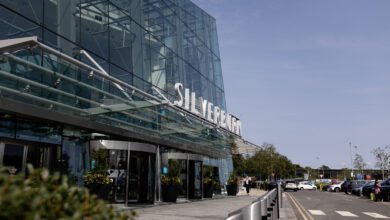Hammerson to redevelop empty retail units for new purposes
The biggest opportunity for redevelopment would be in its department store space, where it currently has over 800,000ft2 of void space or short-term leases
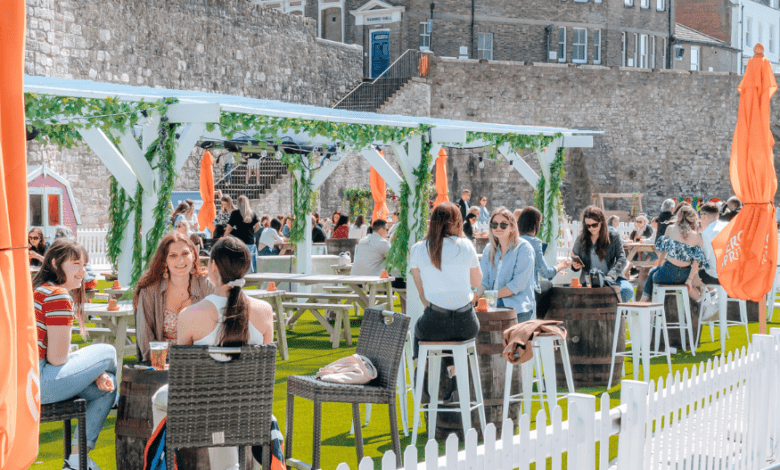
Hammerson has announced that it is looking to redevelop its empty retail units, with a medium to long-term view of using them for alternative uses, such as residential, hotels or workspaces.


